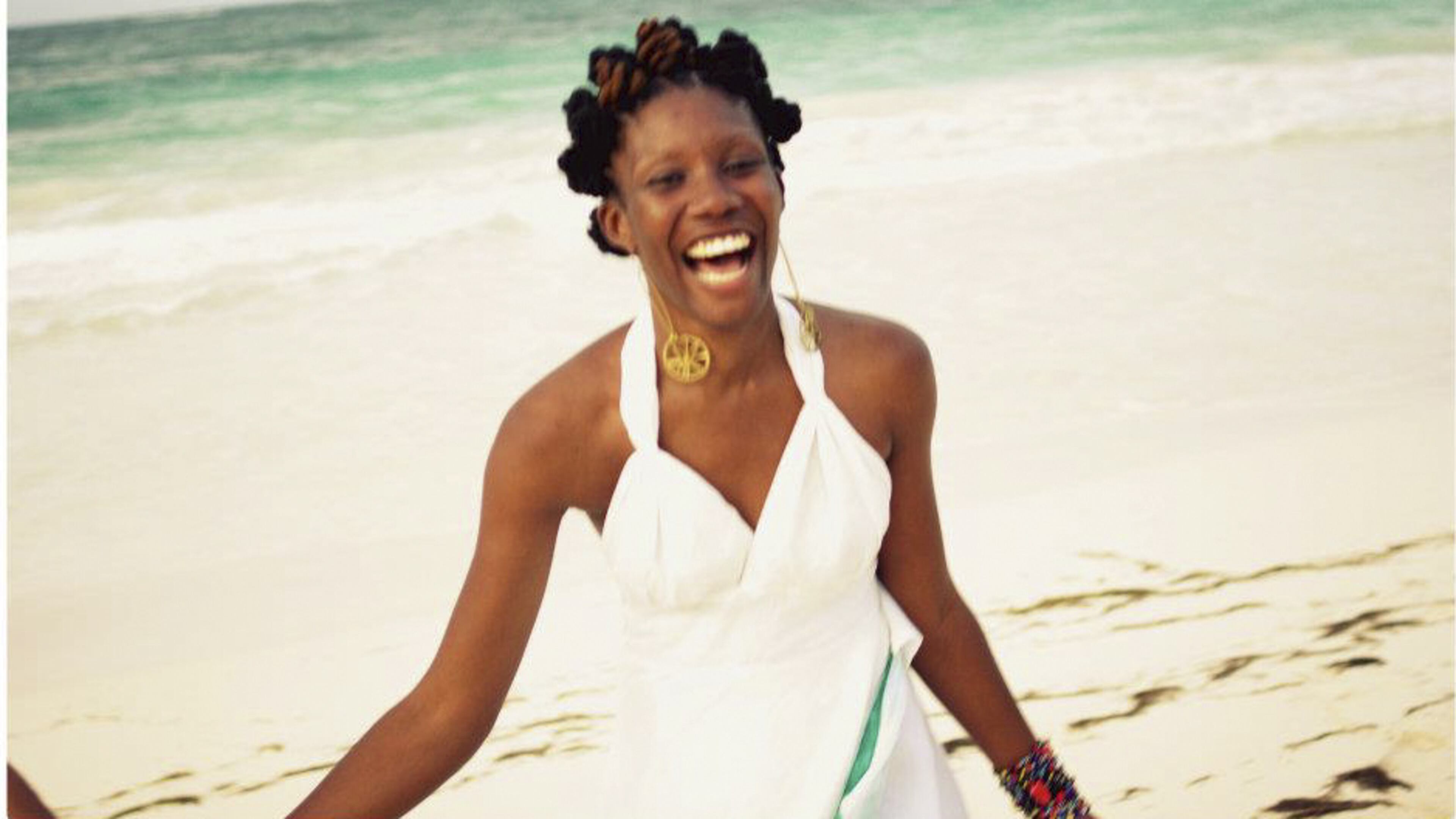A novelist who knows the real Jamaica

Brooklyn writer Nicole Dennis-Benn’s debut novel, “Here Comes the Sun,” published this month, looks beyond Jamaica’s tourist staples to explore class, race and exploitation in her homeland. Dennis-Benn, 34, was raised in Kingston and moved to the United States to attend Cornell University. She later went on to receive a master of fine arts from Sarah Lawrence College and teaches writing at Baruch College.
Following are edited excerpts from a conversation with Dennis-Benn.
Q: Why did you leave Jamaica?
A: I left when I was 17 because I wasn’t really happy with my educational choices at home, but more importantly it was the class structure. My family was working class, and it’s very hard to move up. On top of that, with being a lesbian in a homophobic place, the U.S. seemed the best choice. My father had remarried an American, and I was able to get a green card.
Q: When people learn you’re Jamaican, what’s their typical reaction?
A: They always say, “Oh my God, the beaches are so beautiful!” And, of course, they say how nice the people are, right? Nobody asks why I left. Yes, it was beautiful, but most of us didn’t have access to what tourists do because of the classism. What bothers me most is when people talk about reggae and Bob Marley as if he’s all about smoking weed. He was actually a voice of the working-class people. I don’t say anything negative to people, because I don’t want to ruin their positive thoughts, but I did let my characters say it. I do feel a sense of pride in Jamaica, and I want people to go there, but I also want them to be aware that it’s not all paradise.
Q: You had a private wedding ceremony in Jamaica that became national news. How did that happen?
A: When we decided to have a wedding ceremony (after marrying in New York), we called around and found one villa — only one — where we could marry, the Silver Sands in Duncans. The staff surprised us by doing all these special things for our wedding. The (Jamaican) Gleaner learned about the wedding and wrote about it. At first I was horrified, but then I realized the news was a lot bigger than us.
Q: The resort in your book runs an underground prostitution ring. What inspired that plot?
A: Some gated resorts allow locals to come and sell weed. I thought, if they can do that, what else are they doing? Also, I was once invited to a dinner party in Jamaica with American tourists who own property there, what we call “the big-money men.” After dinner, these young local girls, around 16 or 17, came in. One by one, they sat on the men’s laps. I couldn’t get my mind off that.
Q: What advice do you have for experiencing a more authentic side of Jamaica?
A: Kingston is the heart of our culture. People say it’s dangerous, but it depends on where you go. I’d stay at the Spanish Court or the Courtleigh, and go to the National Gallery and the Bob Marley Museum. For live music and reggae, I’d recommend Redbones in New Kingston. I like to go first thing to Port Royal, a fishing village close to the airport — the entire beach is like one big fish cookout. I’d also recommend Port Antonio, which has less tourism. You can go to the Blue Lagoon and get a fresh sense of the country.

